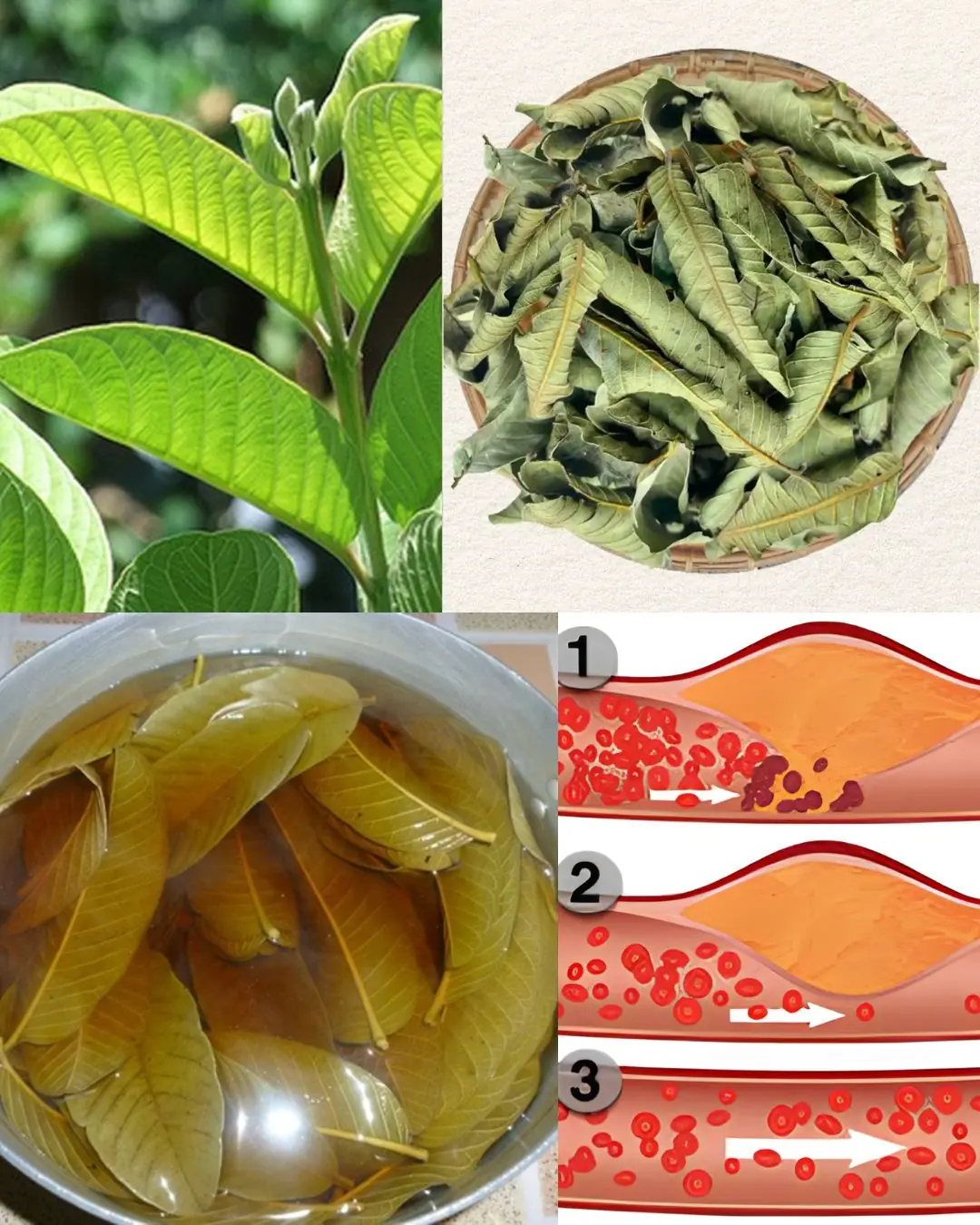
The Versatile Uses of Stubborn Grass
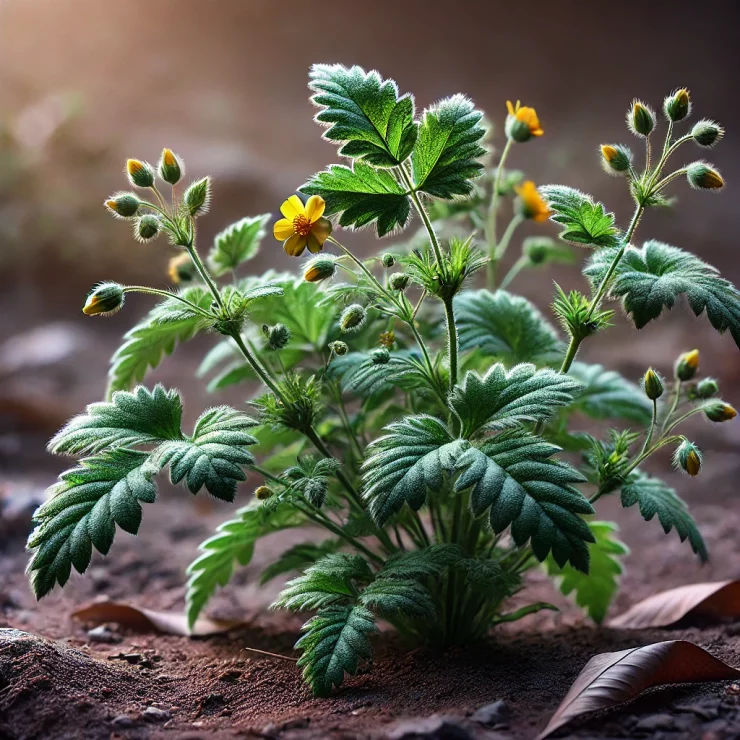
The Versatile Uses of Stubborn Grass: Turning Yard Invaders into Valuable Resources
Stubborn grass, often known as resilient or invasive grass species, can be a headache for gardeners and landscapers. However, these grasses offer an array of surprising practical and beneficial uses. From controlling erosion to serving as natural remedies, these grasses can be repurposed in ways that benefit both the environment and everyday life. Let’s explore the many versatile uses of stubborn grass and how to transform this yard invader into a valuable resource.
1. Erosion Control
Stubborn grasses are excellent for erosion control due to their strong, dense root systems. Species like Bermuda grass and crabgrass, though challenging to manage, are highly effective at stabilizing soil on slopes and hillsides. When planted in areas prone to erosion, these grasses help prevent soil loss and protect against runoff. This is especially beneficial for farmers and landscapers working in areas with loose or sandy soil, as these grasses hold the soil in place, even during heavy rainfall.
2. Livestock Feed
Many types of stubborn grass, such as Bermuda and Johnson grass, are highly nutritious and can be used as an alternative feed source for livestock. These grasses, although often seen as weeds, are rich in nutrients and can be harvested, dried, and fed to cattle, sheep, and goats. For farmers aiming to reduce feeding costs, allowing certain grasses to grow on unused pasture land can be a sustainable and cost-effective solution.
3. Green Mulch for Gardens
Instead of viewing stubborn grass as a nuisance, consider turning it into an advantage by using it as green mulch. Simply cut the grass and layer it around garden plants or trees. This natural mulch helps to suppress weeds, retain moisture, and enrich the soil as it decomposes. This recycling process not only benefits the garden but is also an environmentally friendly way to improve soil quality without the need for commercial mulch.
4. Composting
Stubborn grasses are an excellent addition to your compost pile. They have a high nitrogen content, making them an ideal “green” material to mix with “brown” materials like dried leaves, branches, and paper. This combination results in nutrient-rich compost that can be used to improve soil quality. However, be cautious of grasses with tough seeds that may sprout if not fully decomposed.
5. Natural Pest Control
Some stubborn grass species, such as Bermuda grass, release chemicals into the soil that suppress the growth of other plants—this process is known as allelopathy. While this may be problematic in gardens, it can be beneficial when used intentionally. For example, planting allelopathic grasses as a natural weed barrier around vegetable beds or flower gardens can help reduce the need for herbicides and prevent invasive weeds from encroaching on garden spaces.
6. Biofuel Production
Research into biofuels has shown that certain stubborn grasses, such as switchgrass, can be converted into bioethanol, a renewable energy source. These grasses grow quickly, are easy to cultivate, and require minimal maintenance, making them perfect candidates for large-scale biofuel production. In areas with abundant wild or invasive grass growth, biofuels can provide an eco-friendly energy source and reduce reliance on fossil fuels.
7. Craft and Handicrafts
In many cultures, grass has been used for centuries in crafting. Stubborn grasses, with their durability, are ideal for making woven products like baskets, mats, and even hats. Bermuda grass and other tough species can be harvested, dried, and woven into decorative and functional items. Not only does this repurpose unwanted grass, but it also promotes traditional crafts, providing income opportunities for communities.
8. DIY Lawn Repairs
If you’re dealing with bare patches on your lawn, consider using hardy, stubborn grass varieties as natural fillers. Crabgrass and Bermuda grass spread quickly and are highly resilient to drought and foot traffic. Though they may not be an aesthetic match for your desired lawn, they can blend in over time, helping prevent soil erosion in bare spots and saving the cost of purchasing additional seed or sod.
9. Wildlife Habitat
Many stubborn grasses offer habitat and food for wildlife. These grasses provide ground cover, attracting small mammals, birds, and insects. For example, crabgrass seeds serve as a food source for birds, and the dense foliage offers shelter for small animals. By leaving patches of stubborn grass undisturbed, you can encourage biodiversity in your yard and support local wildlife.
10. Herbal and Medicinal Uses
Some traditional practices use stubborn grasses for their medicinal properties. For example:
-
Bermuda grass is used in Ayurvedic medicine to treat wounds, skin issues, and infections.
-
Lemongrass, although not typically considered “stubborn,” shares similar hardiness and is valued for its anti-inflammatory and digestive benefits.
By incorporating these grasses into natural remedies, they can serve as a readily available resource for minor health applications.
While stubborn grasses are often viewed as persistent nuisances, they have a variety of practical uses. By harnessing their natural strengths—such as erosion control, nutrient richness, and rapid growth—you can transform these invasive or persistent grass species into valuable resources. Rather than fighting against these plants, consider integrating them into your garden or property management strategy in ways that align with environmental sustainability. With a bit of creativity, stubborn grasses can provide unexpected benefits, turning them into allies rather than enemies in the landscape.
News in the same category

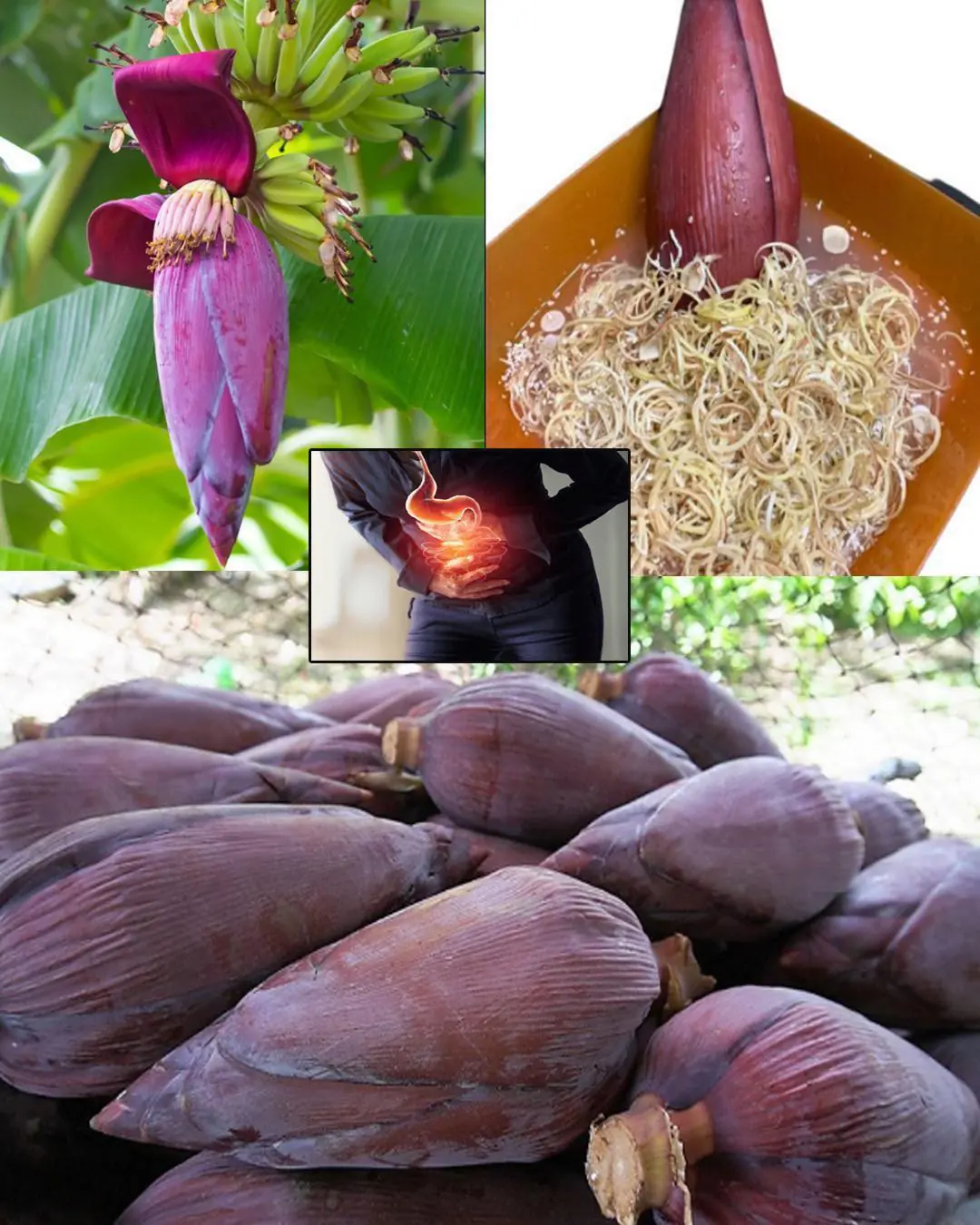
Banana Blossom: Health Benefits, Recipes, and Uses
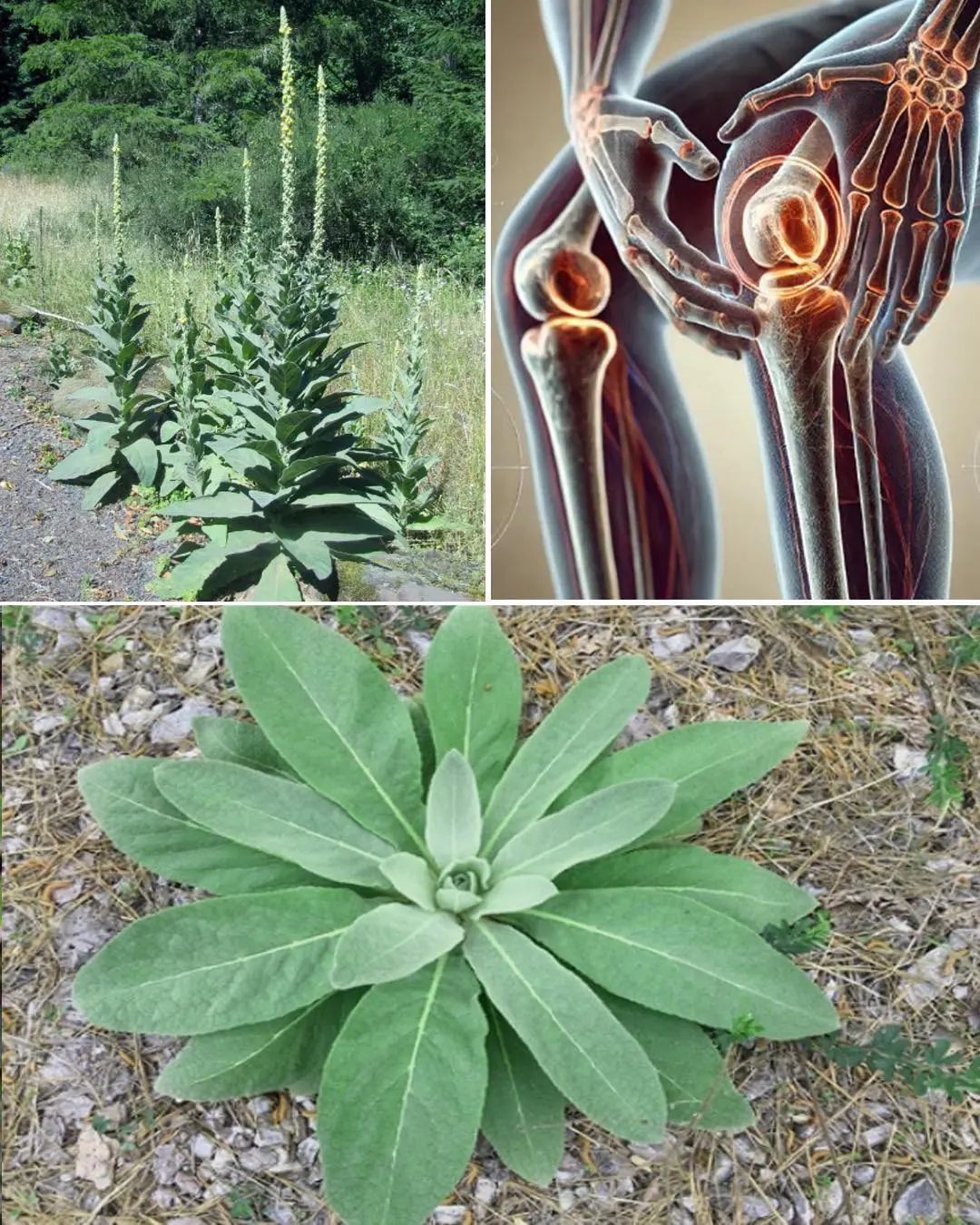
Common Mullein: Benefits and Uses of Nature’s Versatile Herb

Fig Leaves: Surprising Benefits and Uses

Inner Vitality Elixir: Benefits of Uda Seeds, Lemon, Aidan Fruit, and Ginger for Women’s Health
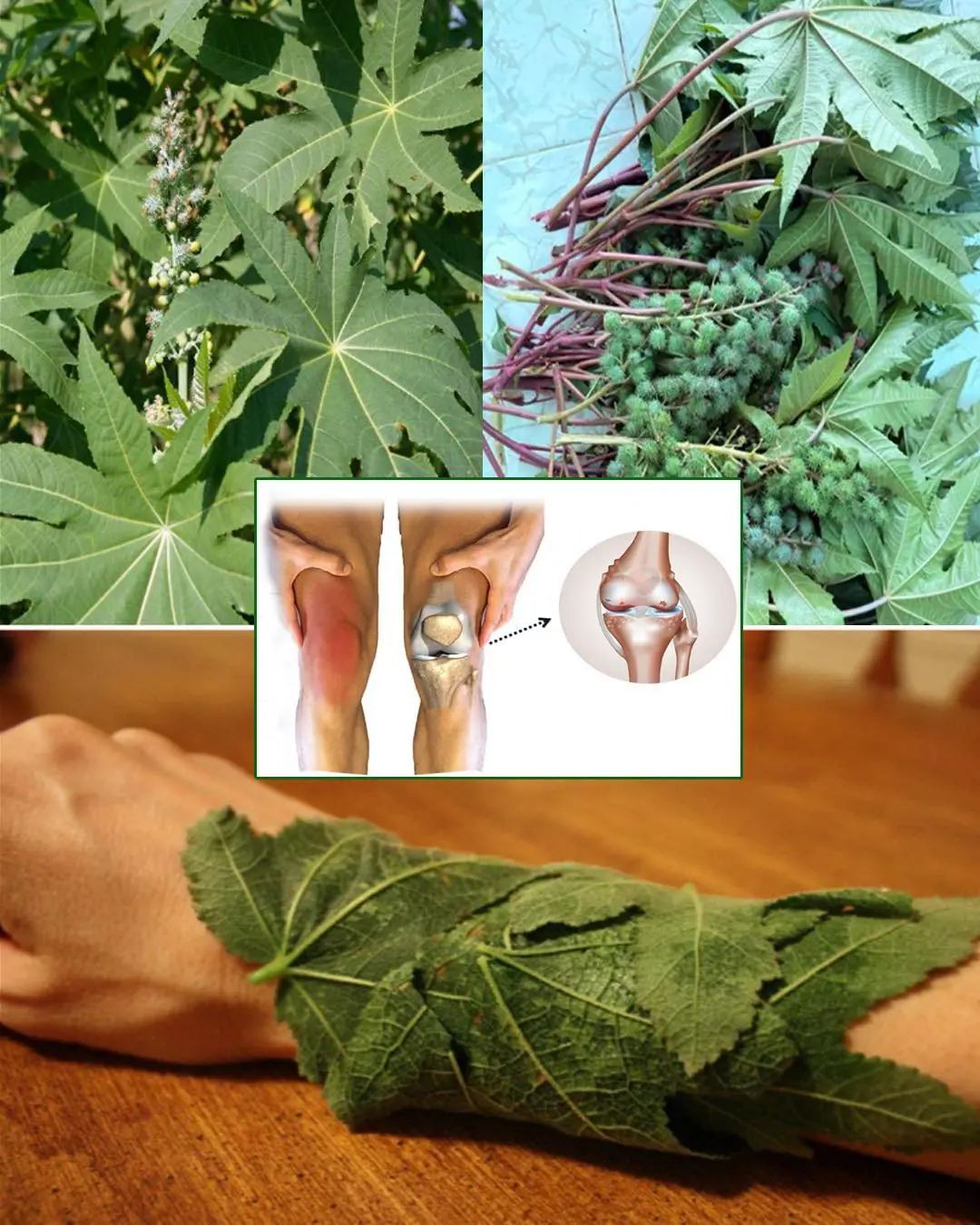
Some of the Benefits of Castor Leaves and the Seed

The Best Tea for Mornings and After Dinner: A Powerful Blend for Health
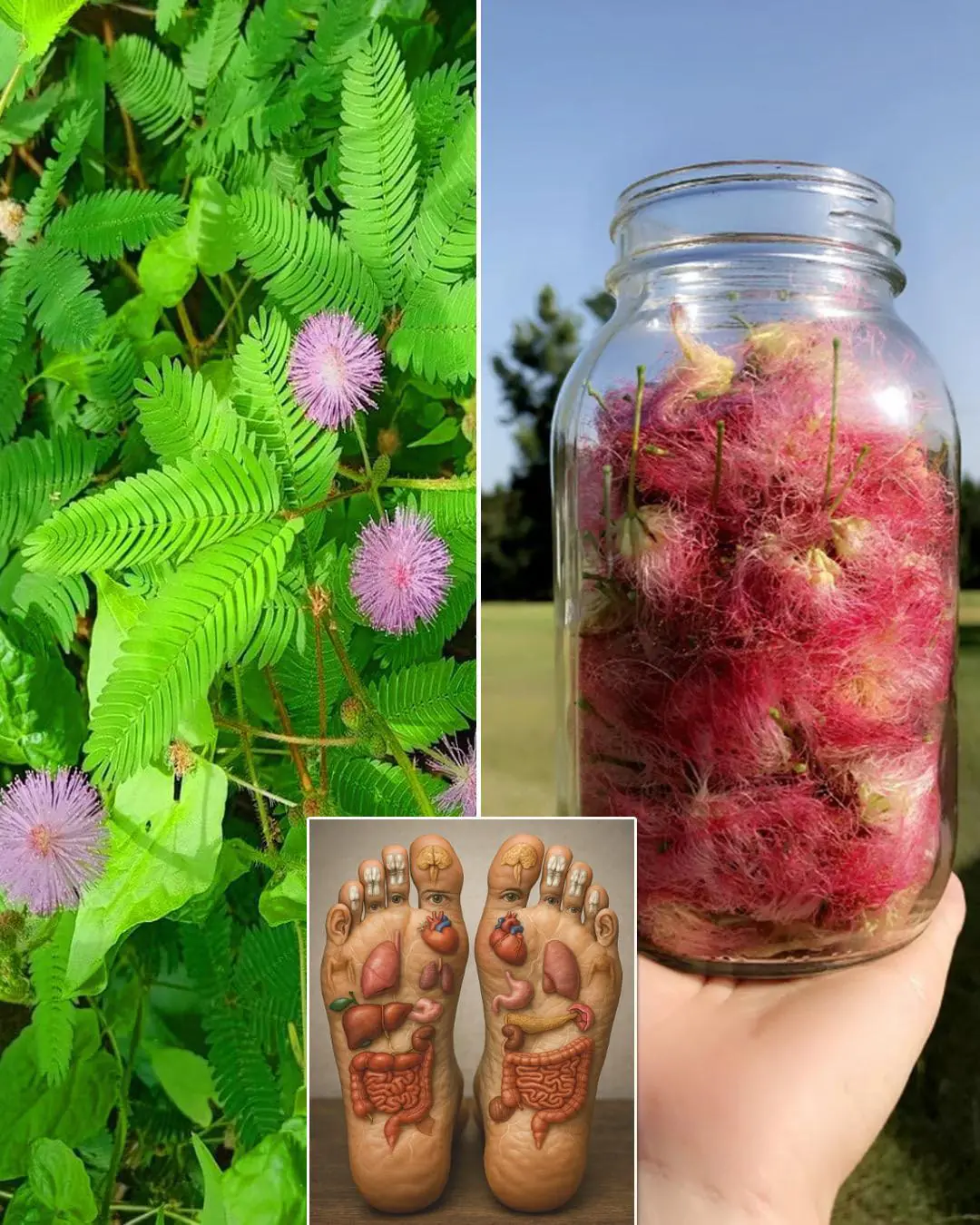
Mimosa Pudica Tea: How to Prepare and Health Benefits

Euphorbia Hirta (Asthma-plant): Traditional Uses and Applications
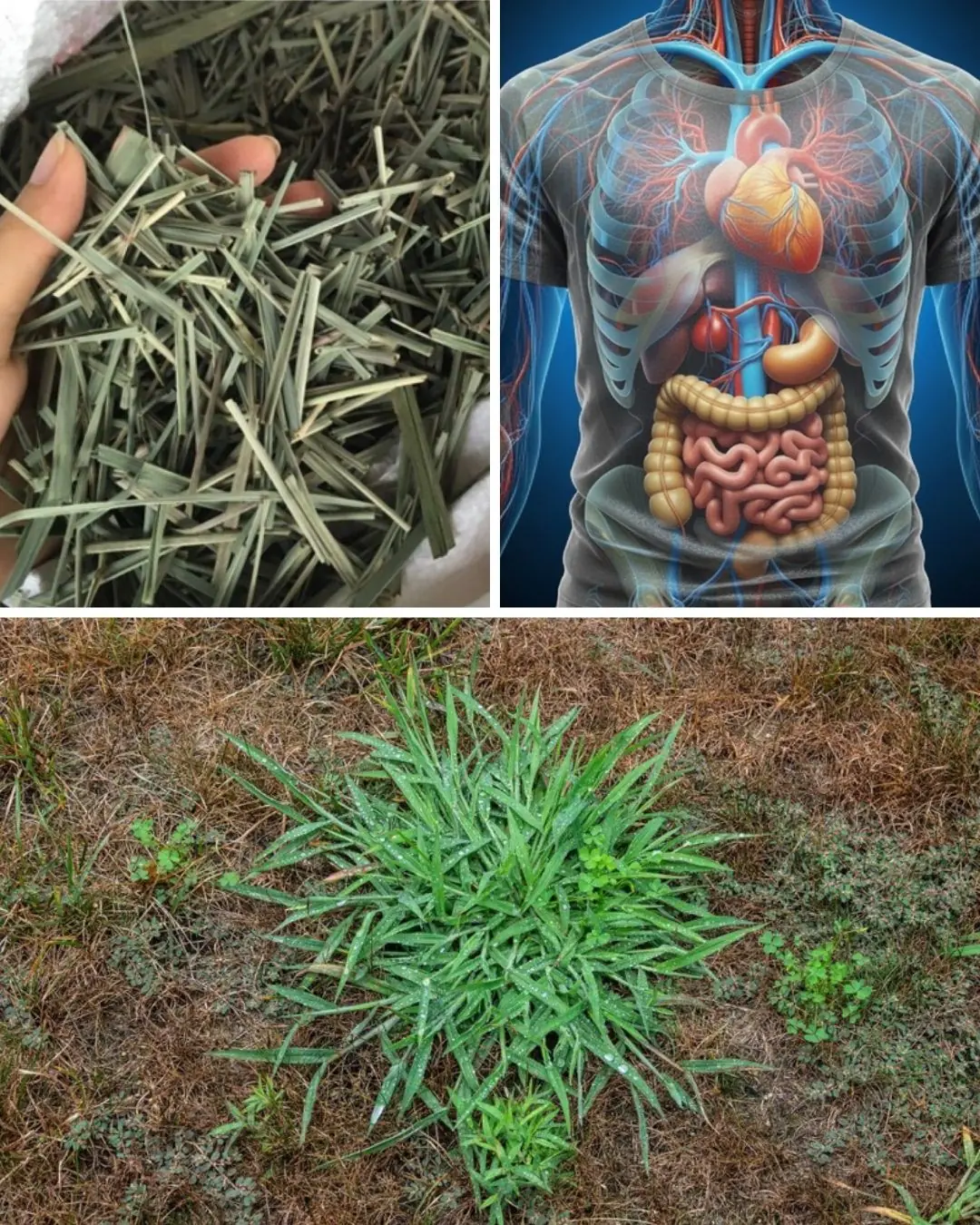
Harnessing the Power of Goose Grass: A Guide to Its Preparation and Therapeutic Uses
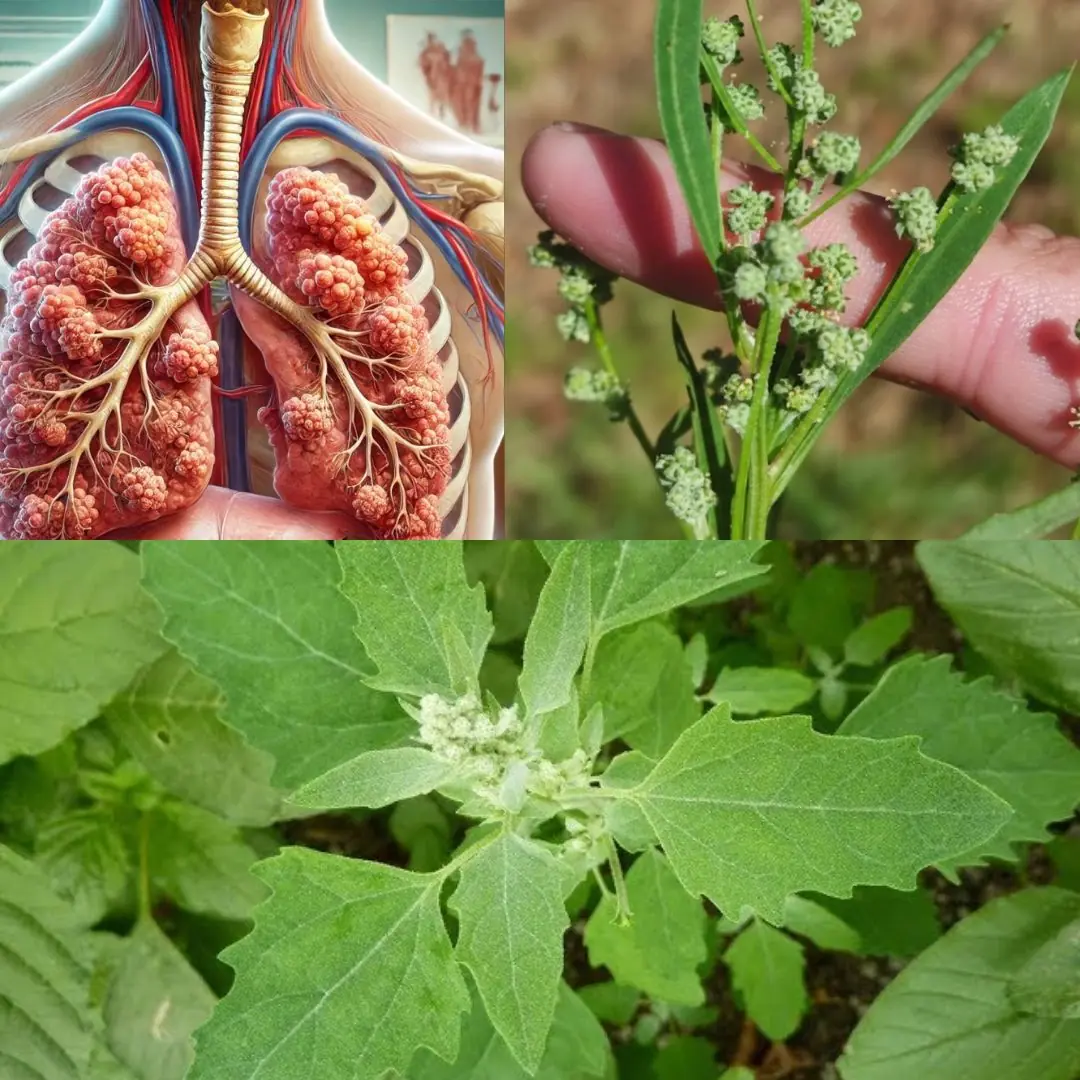
Lamb’s Quarters/Wild Spinach: The Underestimated Superfood with Maximum Health Benefits

Taro Root: The Ancient Superfood Transforming Health and Sustainability

Men’s Vitality Tonic: The Bold Health Boost from Ginger and Pineapple
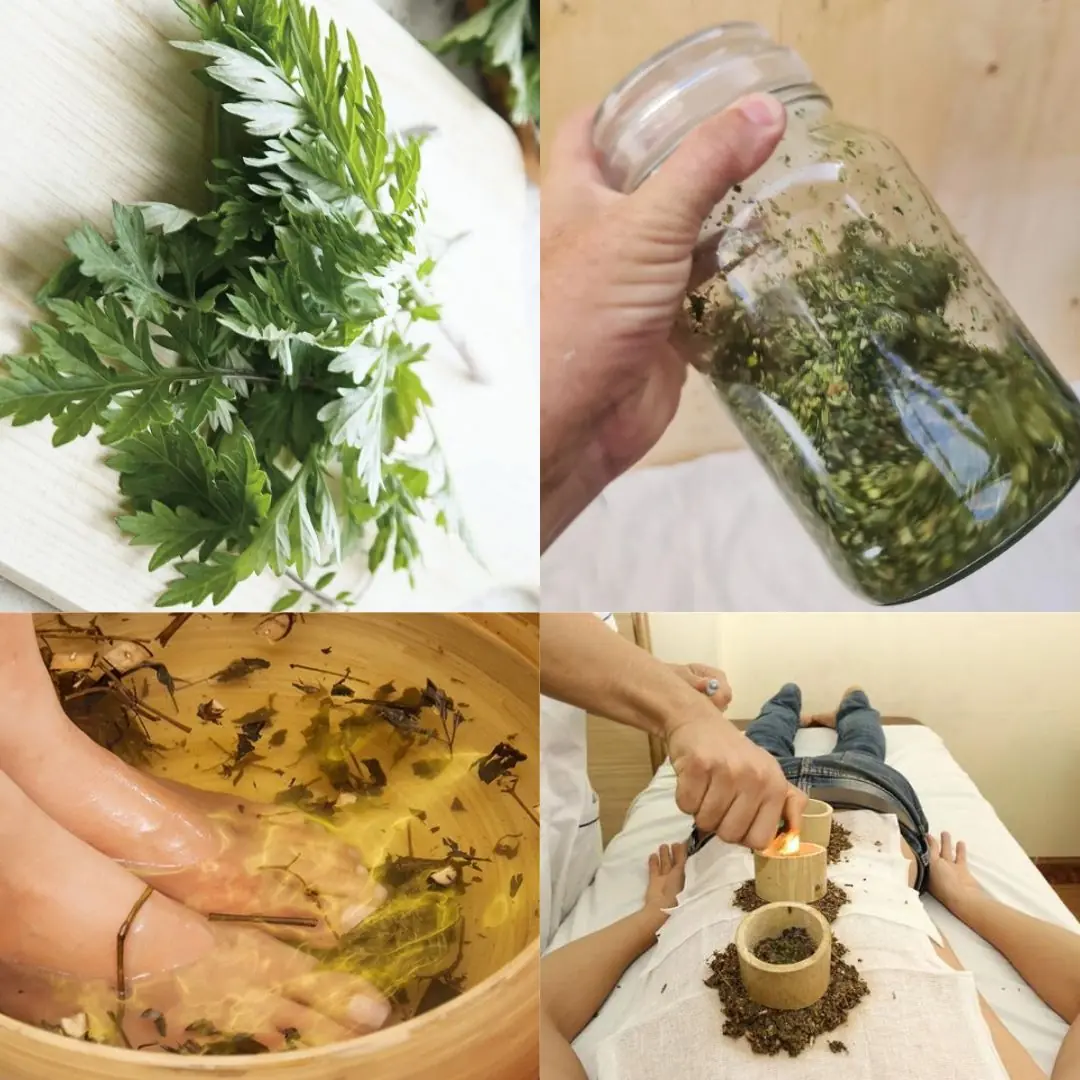
Mugwort Plant: Benefits, Properties, and Uses
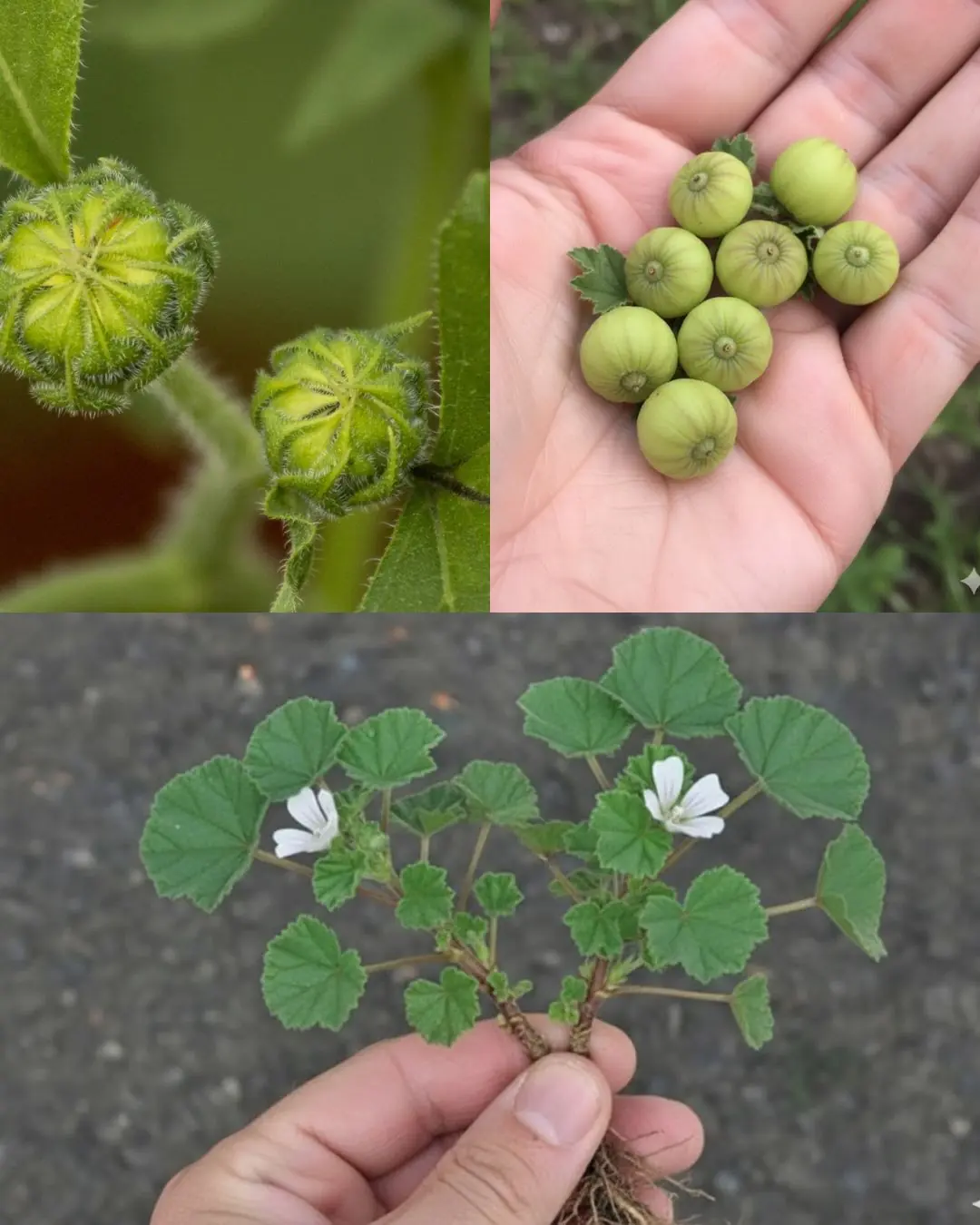
Unveiling the Green Marvel: The Top 10 Health Benefits of Common Mallow Leaves

Goldenberries (Physalis peruviana): A Nutrient-Packed Powerhouse for Health and Vision
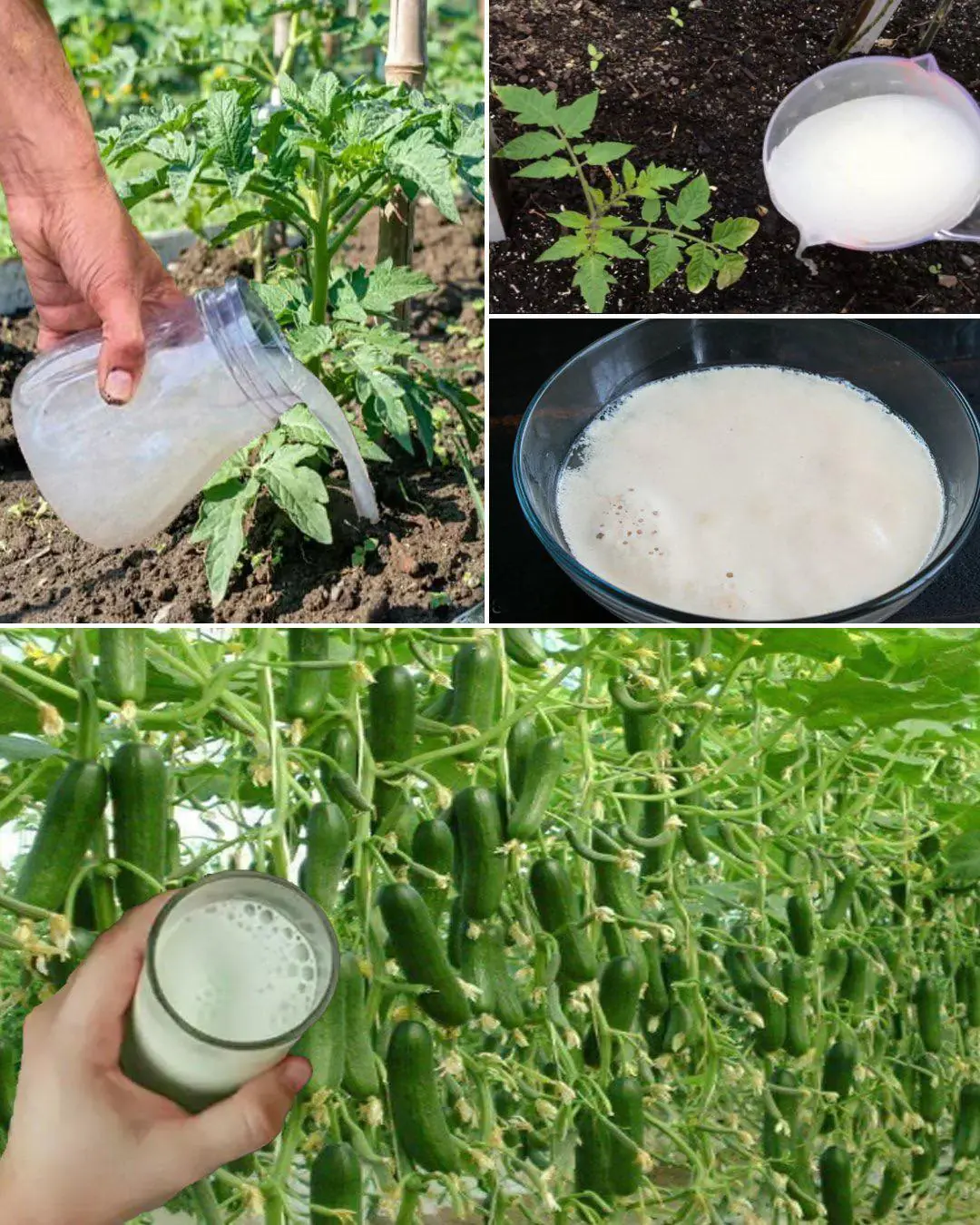
Garlic, tomatoes and cucumbers will grow rapidly. The most powerful fertilizer.
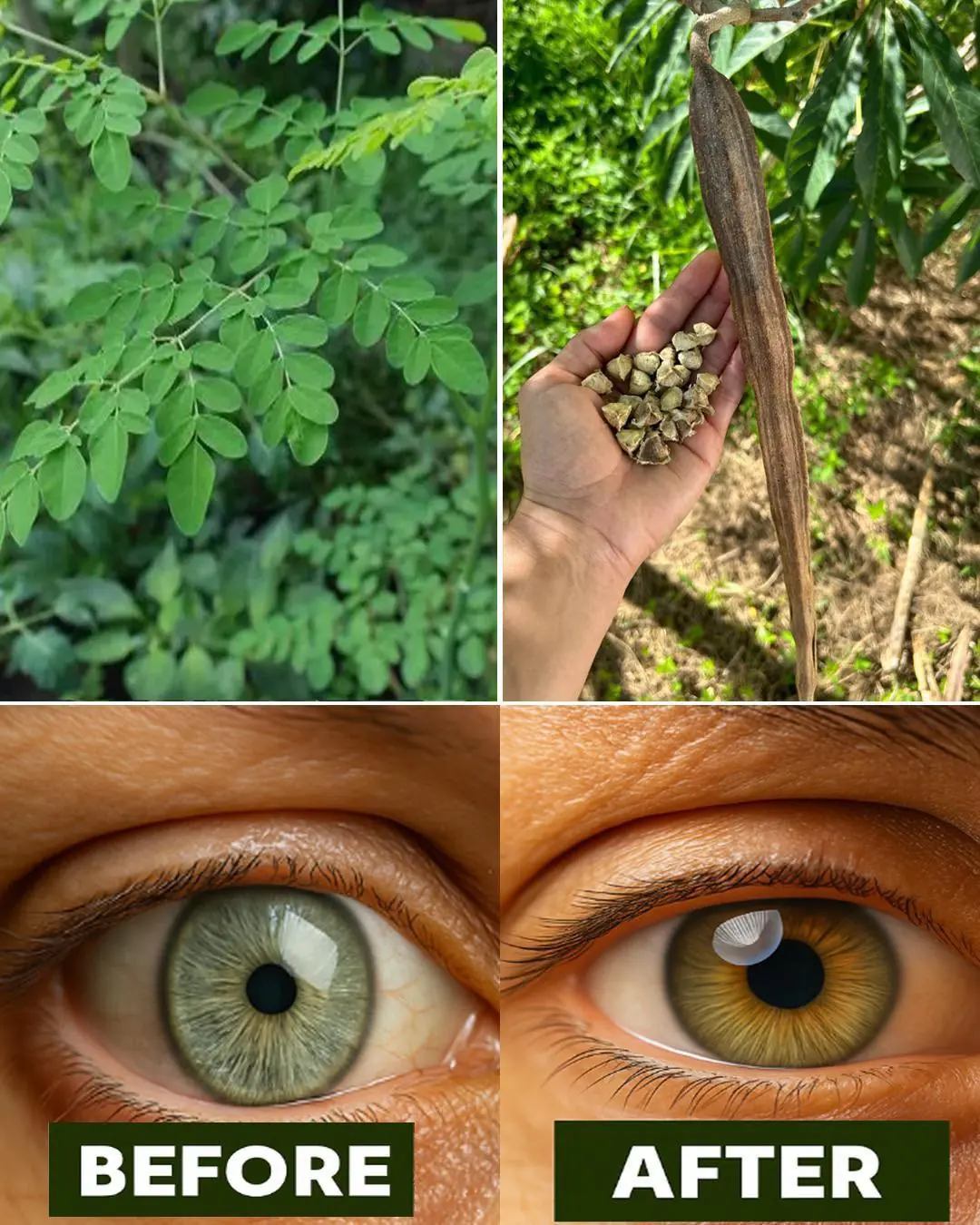
12 Powerful Benefits of Moringa Seeds
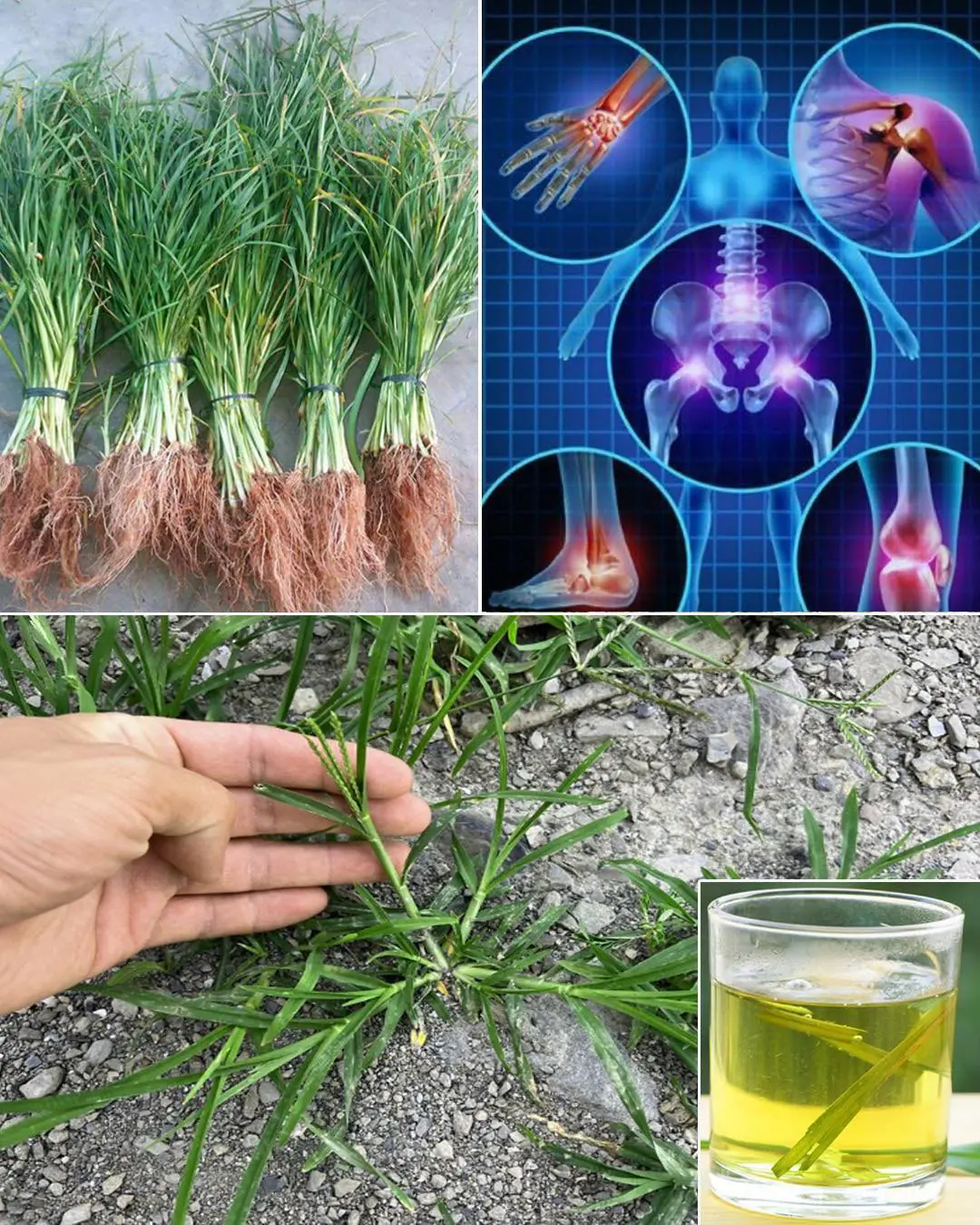
25 Incredible Health Benefits of Goosegrass
News Post
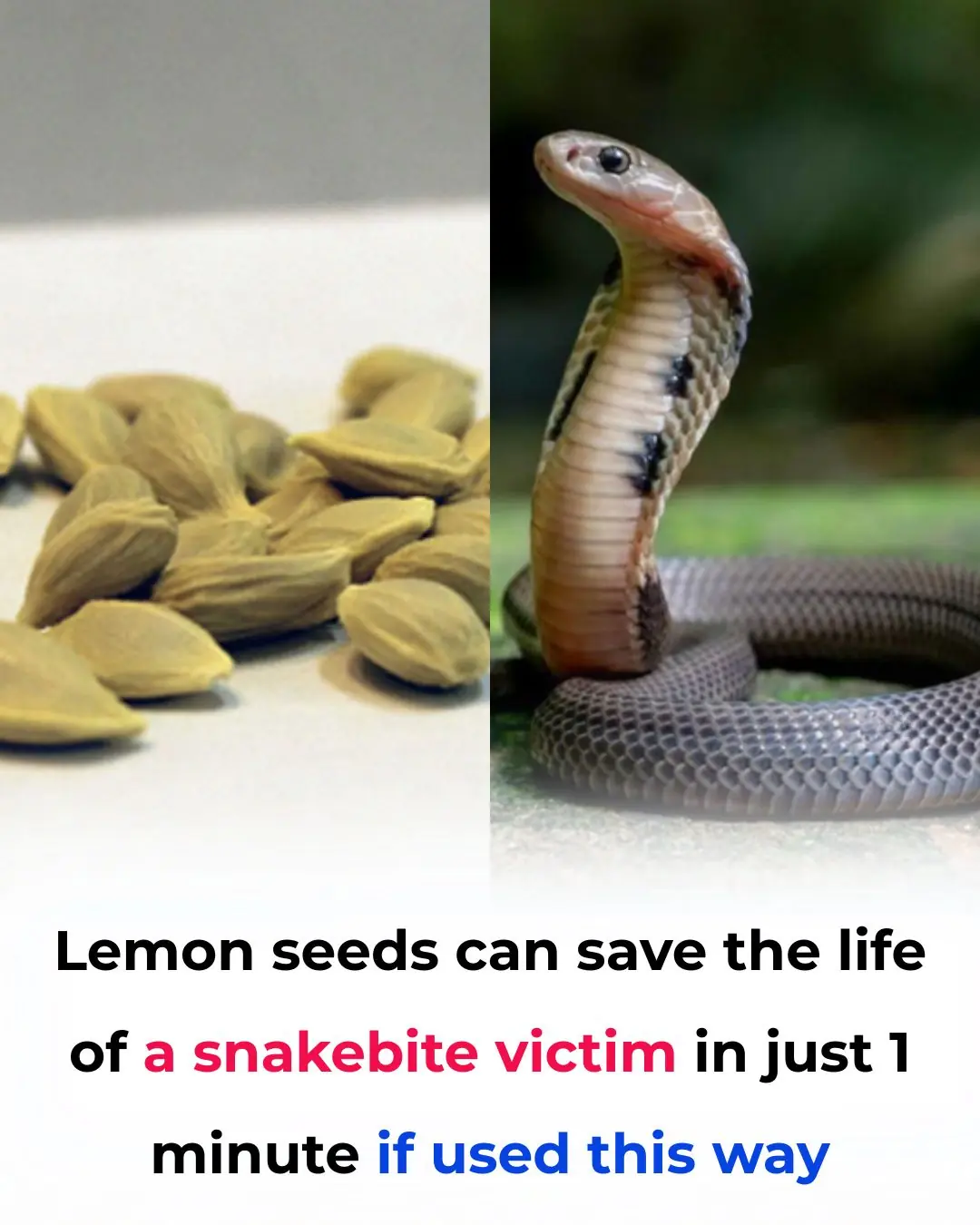
Lemon Seeds Can Save a Snakebite Victim Within Just One Minute If Used This Way

Why Keeping A Lemon In Your Bedroom Is A Great Idea

Put salt in your toilet. Here's why. This is something plumbers will never tell you

Guava Leaves for Blood Sugar Control: Nature’s Gift for Diabetics

Banana Blossom: Health Benefits, Recipes, and Uses

Common Mullein: Benefits and Uses of Nature’s Versatile Herb

Fig Leaves: Surprising Benefits and Uses

Inner Vitality Elixir: Benefits of Uda Seeds, Lemon, Aidan Fruit, and Ginger for Women’s Health

When Checking Out of a Hotel, Don’t Fold the Bedding—Not Knowing This Will Only Cause Trouble

Some of the Benefits of Castor Leaves and the Seed

Pour Beer into Table Salt to Solve Many Household Problems – Wish I Knew This Trick Sooner!

The Best Tea for Mornings and After Dinner: A Powerful Blend for Health

Mimosa Pudica Tea: How to Prepare and Health Benefits

If you have this plant in your garden, don’t cut it down – it’s incredibly valuable!

Euphorbia Hirta (Asthma-plant): Traditional Uses and Applications

Harnessing the Power of Goose Grass: A Guide to Its Preparation and Therapeutic Uses

The water pipe is clogged, do this way to solve it easily, no need to call a plumber

Woman Left with Swollen Lip After Centipede Bites Her in Sleep
